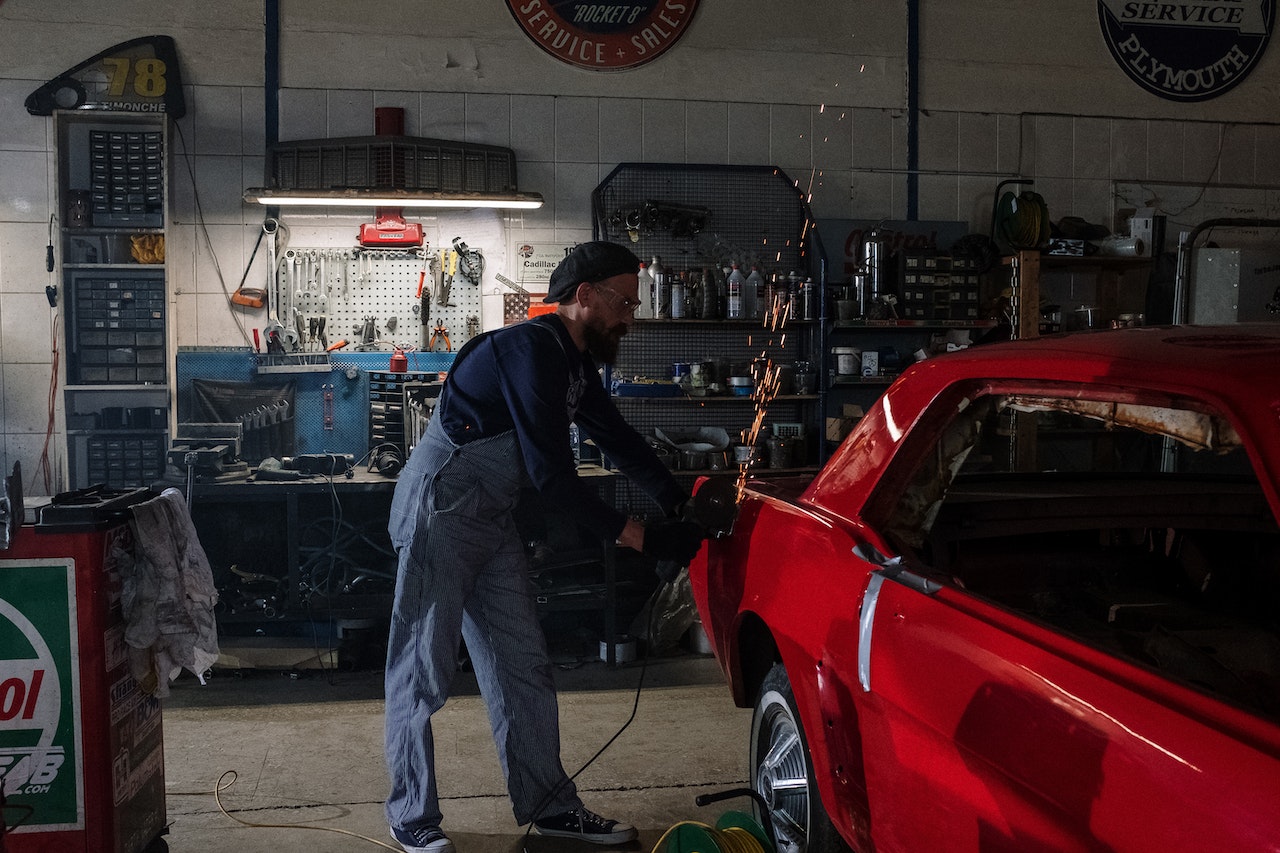How to Treat Rust on a Car

Rust is a reddish-brown substance that accumulates on iron-based metals due to oxidation.
Factors such as age and materials can all cause rusting on a vehicle, but driving style and how often your car gets wet also play a role.
Baking Soda & Lemon Juice
Baking soda and lemon juice are both effective at eliminating rust from surfaces, as well as being beneficial for health in general.
Alkalizing foods and drinks are beneficial to the body as they balance pH levels, support immunity, and prevent chronic diseases. Furthermore, they detoxify and strengthen digestive tracts.
For a fast and affordable rust remover, combine baking soda and lemon juice and use it as a paste. Apply it to the affected area and leave for around 15 minutes.
Another popular home remedy for rust is to soak the affected object in vinegar until softened. How long you need to soak depends on how much rust there is and how deep the stain.
Baking soda and lemon juice combine to offer numerous health advantages, including detoxifying the body, balancing pH values, improving digestion, strengthening the immune system, stimulating heart function and helping prevent chronic illness. They may even help protect skin from damage as well.
Water
Rust is a chemical reaction that takes place when iron, an element commonly found in steel, is exposed to moisture and oxygen over time. This process, known as oxidation, weakens the bonds of the metal and transforms it into iron oxide – commonly referred to as “rust”.
Rust is something you want to avoid, but it’s an inevitable problem for most cars. Over time, rust will take its toll on your car’s body and undercarriage, reducing its durability and dependability to a minimum.
To prevent rust from occurring, ensure your car is regularly cleaned and waxed. Dirt and road salt can trap moisture, speeding up oxidation of your car’s body which leaves it more susceptible to rust.
Pumice
If you need to remove rust from your car but lack the time or funds for power tools, pumice can help. It’s an effective alternative to sanding since it conforms to the shape of whatever needs scrubbing.
Pumice is a type of fine-grained rock created when volcanoes erupt violently. During this process, gaseous materials dissolved in molten rock form bubbles which rapidly rise and burst upon decreasing pressure.
The bubbles created are preserved as holes in the rock, similar to soda pop bottles with their thick outer coating and thin layers of bubbles between them.
Pumice can even float on water! Its porous structure makes it useful in many industries such as construction and cosmetics.
Pumice is typically produced when a volcano creates magma that contains plenty of silica (quartz). Then it erupts violently.
Vinegar
Vinegar is an economical and efficient treatment for rust on many metal items. It contains acetic acid, which breaks down the bonds that adhere to metal surfaces.
Submerge small metal objects in undiluted distilled white vinegar and allow them to soak for several hours or days. Larger items will need longer soakings.
Salt and vinegar make an effective combination to dissolve rust from various metals. When mixed together, the salt increases its acidity level, making the solution even more efficient.
Vinegar can be used to clean rusted tools, kitchen knives and outdoor furniture. Simply soak the item in a bowl of vinegar overnight, then scrub with either a metal brush or steel wool.